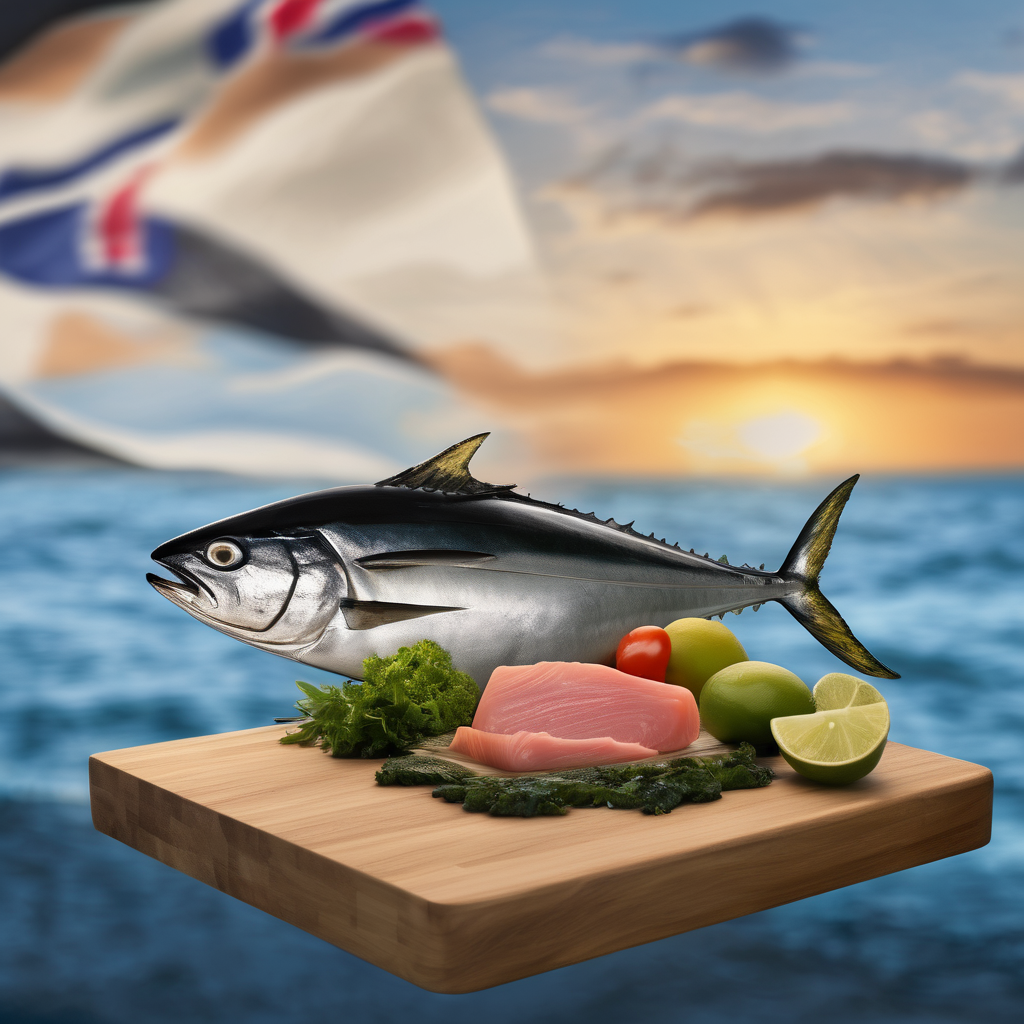Pacific Island nations can unlock greater benefits from their tuna resources by promoting inclusive and equitable participation, as noted by Rose Martin, the Gender Advisor for the Forum Fisheries Agency (FFA). During her presentation at the 9th Pacific Tuna Forum, she emphasized the need for social equity and collaboration among the nations to fully harness their shared resources.
Martin highlighted the significant potential still untapped within the region, reiterating calls from ministers and leaders for initiatives that enhance food security, livelihood opportunities, and employment. “It is imperative that we ensure programs and investments not only add to government revenues and international market engagement but also actively support local communities and workers throughout the sector,” she remarked, underlining the need to include both local and migrant workers’ voices and rights in policy-making for dignified working conditions.
Key initiatives to enhance the tuna industry include bolstering support for small-scale value-creation projects aimed at food security, and collaborating with industry players to foster respectful workplaces through comprehensive training and policy development. Martin urged the integration of social inclusion considerations into National Fisheries Management and Development Plans, ensuring adequate resources are allocated for effective implementation. Additionally, she stressed the necessity of strengthening monitoring, control, and surveillance efforts to combat illegal, unreported, and unregulated fishing while also addressing human rights in the sector.
The FFA’s Gender Equity, Disability, and Social Inclusion (GEDSI) Advisor argued that the success of tuna fisheries is inextricably linked to the social and human dimensions of the industry. She stated, “When workers, communities, and small businesses prosper, the entire industry thrives.”
The ongoing Pacific Tuna Forum, which continues this week in Denarau, Nadi, operates under the theme “Pacific Tuna 2050: Resilience, Innovation, Equity, and Sustainable Trade for a Prosperous Future.” This platform brings together policymakers, industry leaders, and community representatives to discuss sustainable and equitable development of the region’s tuna resources, echoing the collaborative spirit of earlier forums and initiatives. These discussions highlight the critical role that unity and proactive measures play in securing a more sustainable and prosperous future for Pacific island communities.
Additionally, similar conversations at previous summits, such as the Honiara Fisheries Summit, have underscored the importance of regional cooperation and the sustainable management of tuna fisheries. Leaders have recognized challenges, including inadequate infrastructure and high operational costs, while simultaneously celebrating the successes of collective action in safeguarding their marine resources.
As Pacific Island nations continue to navigate the future of their tuna resources, the persistent commitment to collaboration, sustainable practices, and community well-being offers an optimistic outlook for enhanced economic resilience and ecological health across the region.
